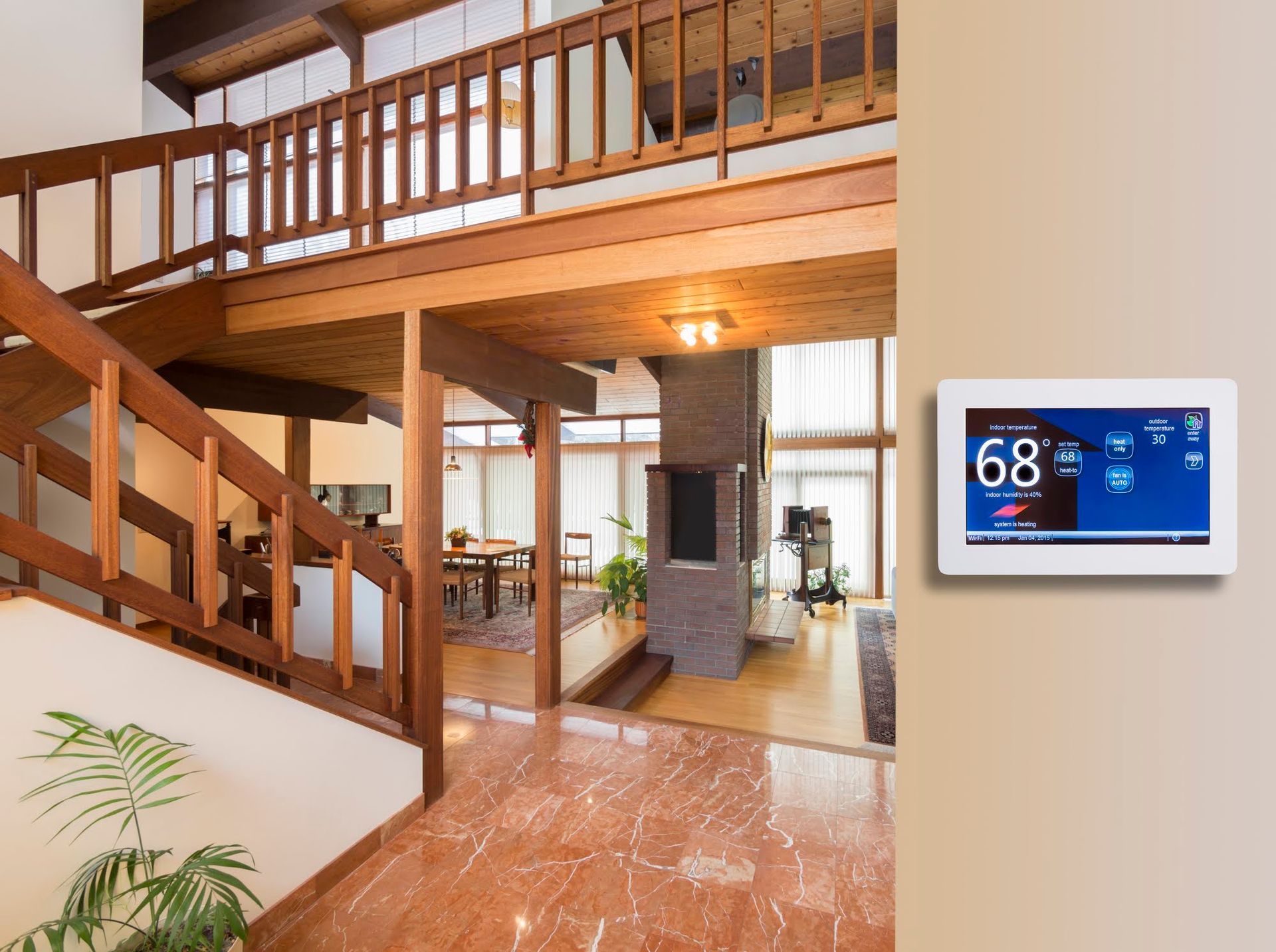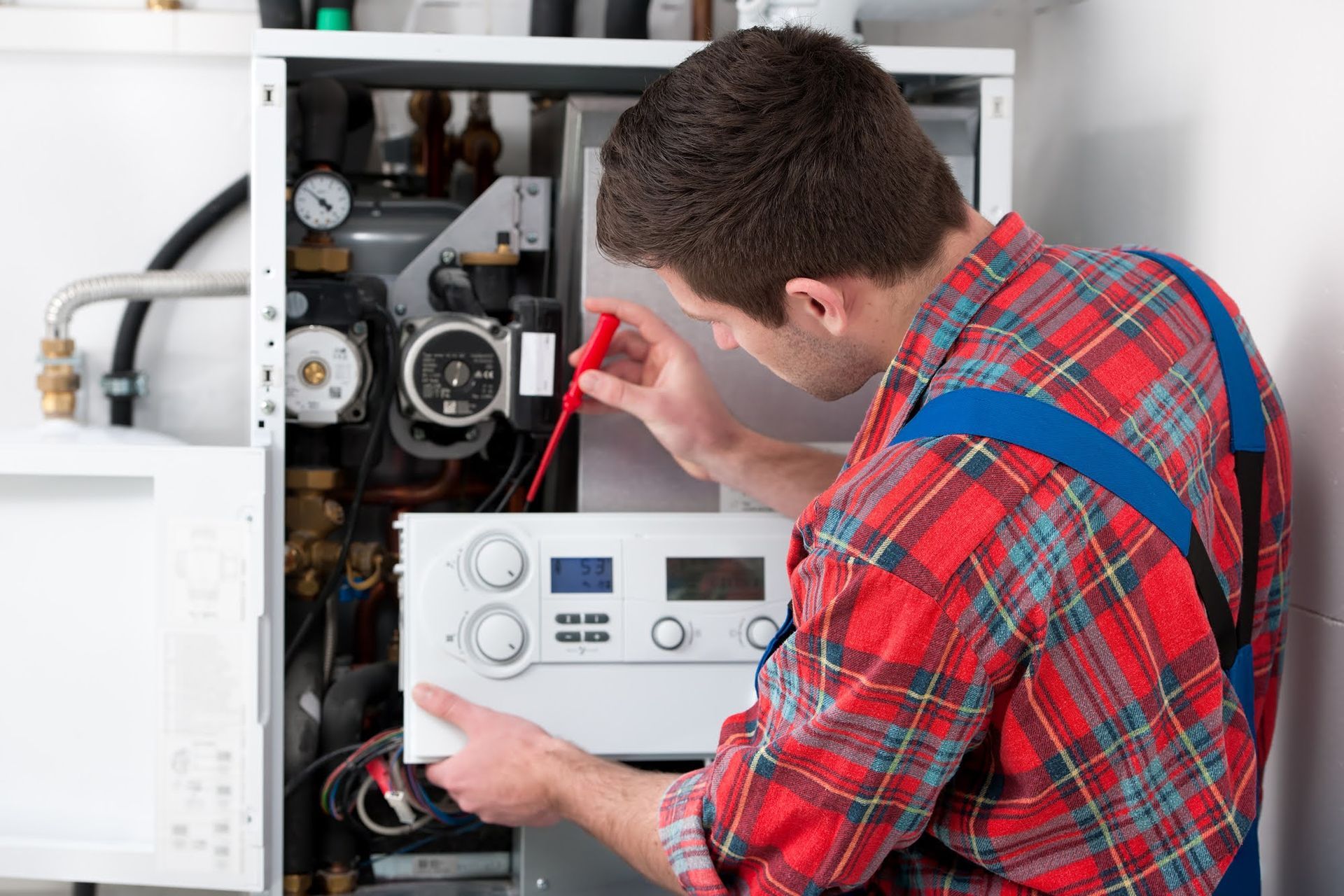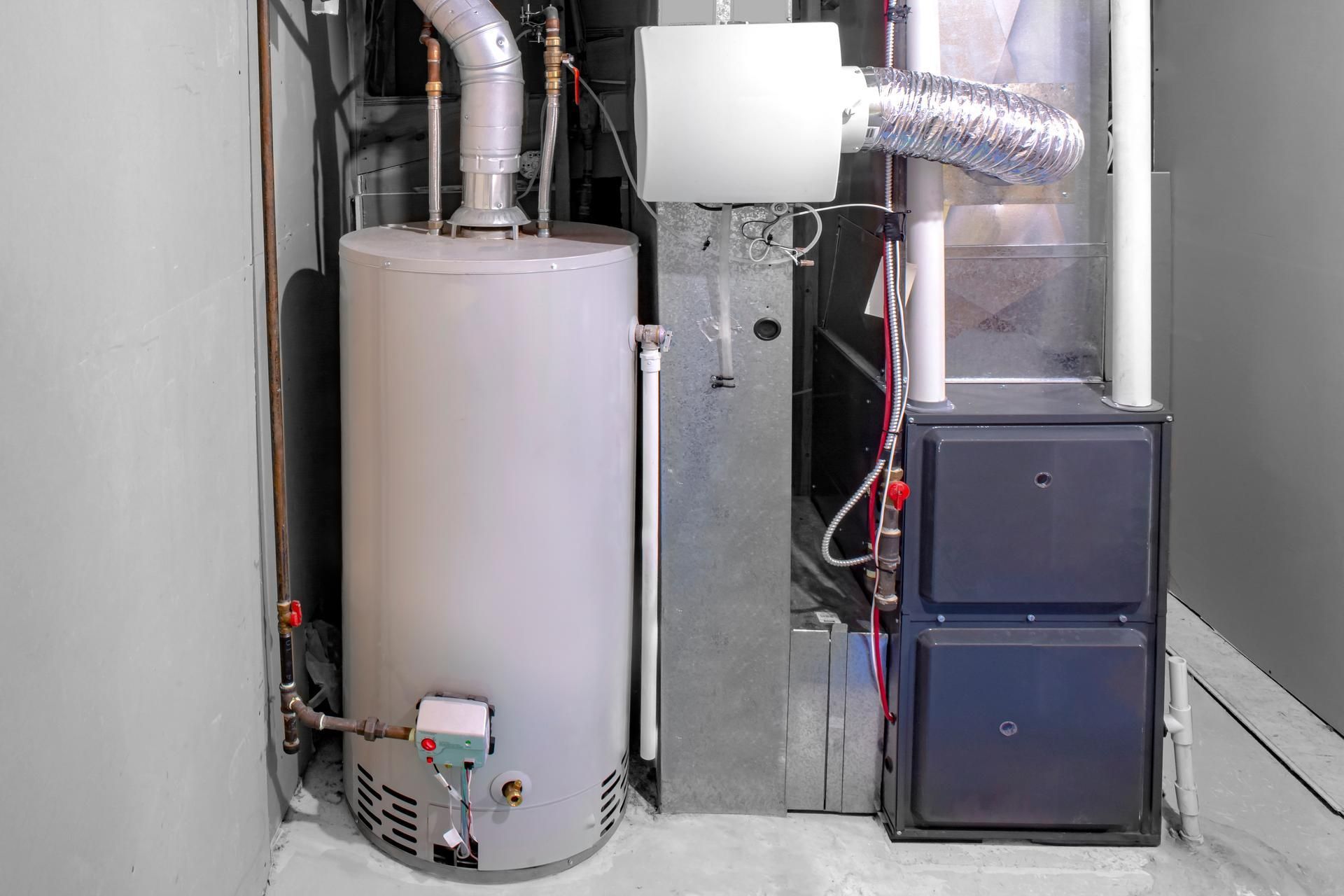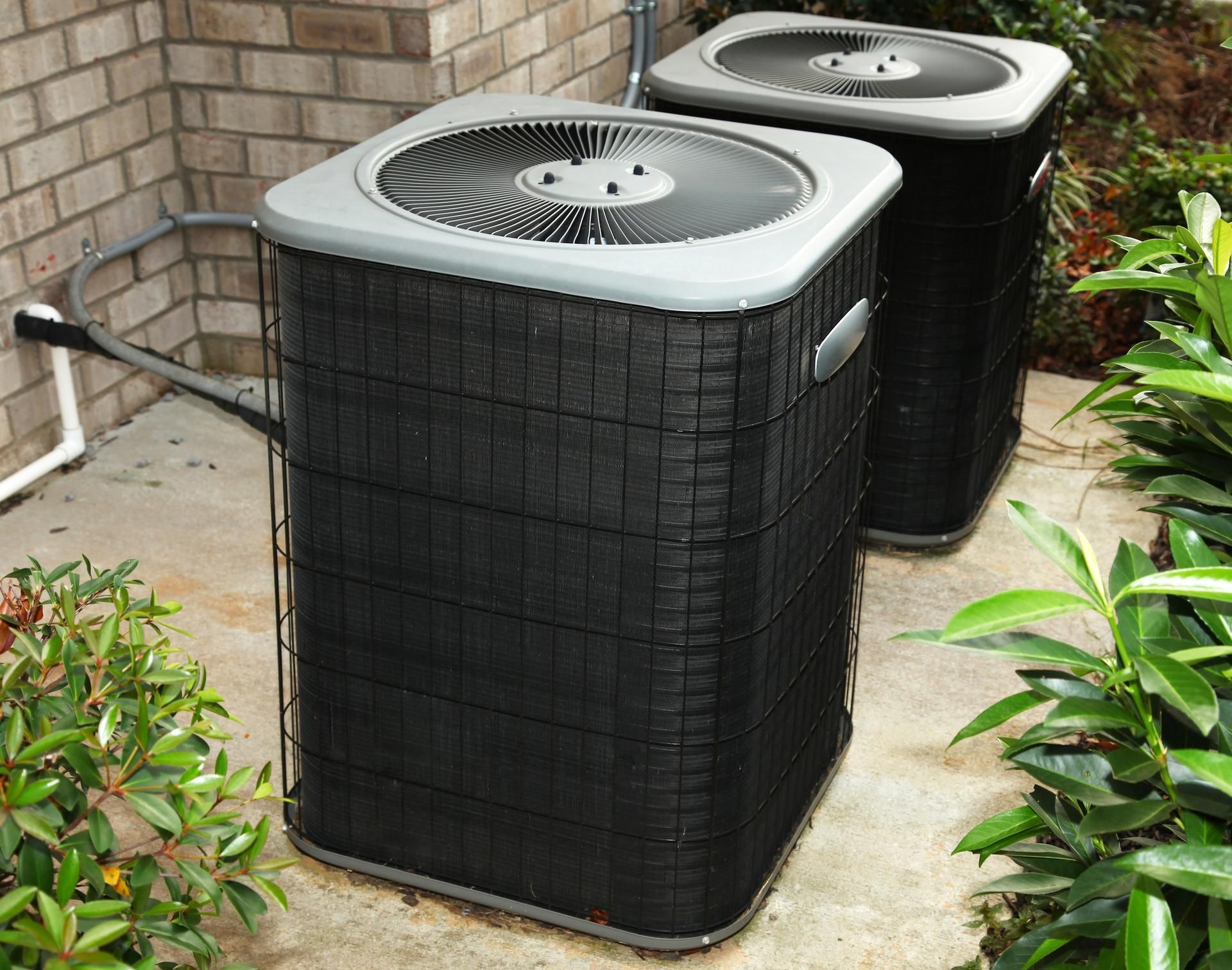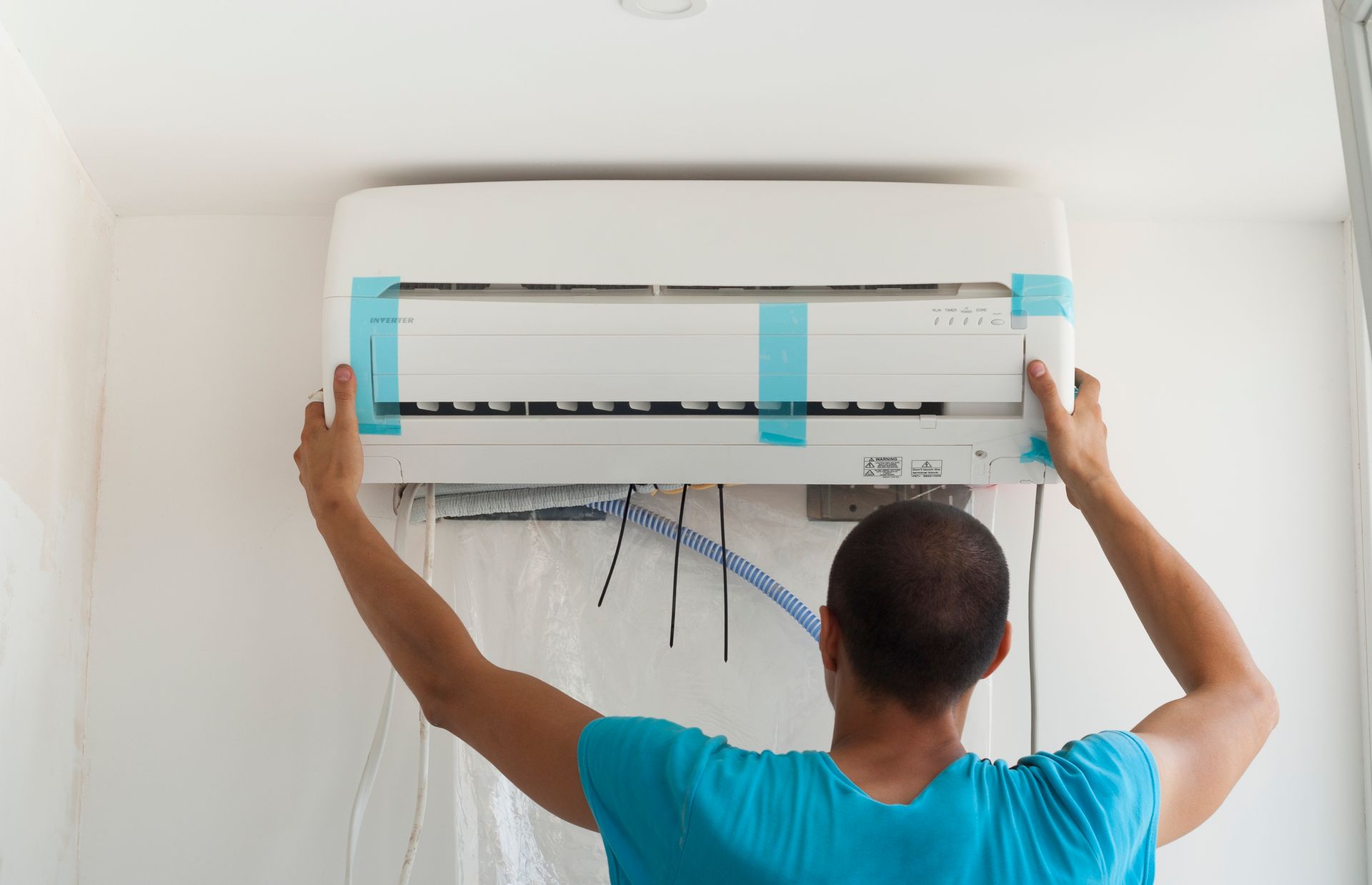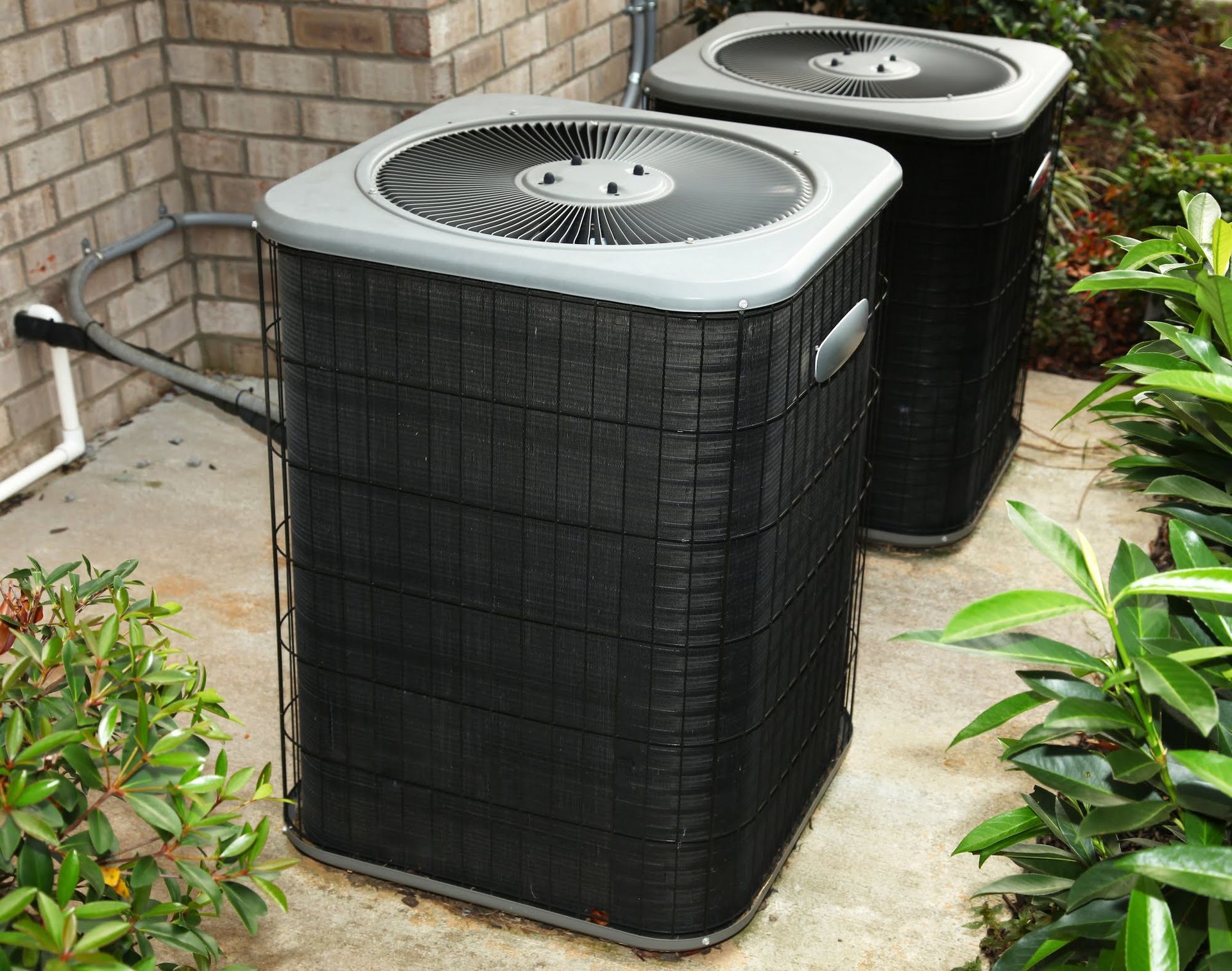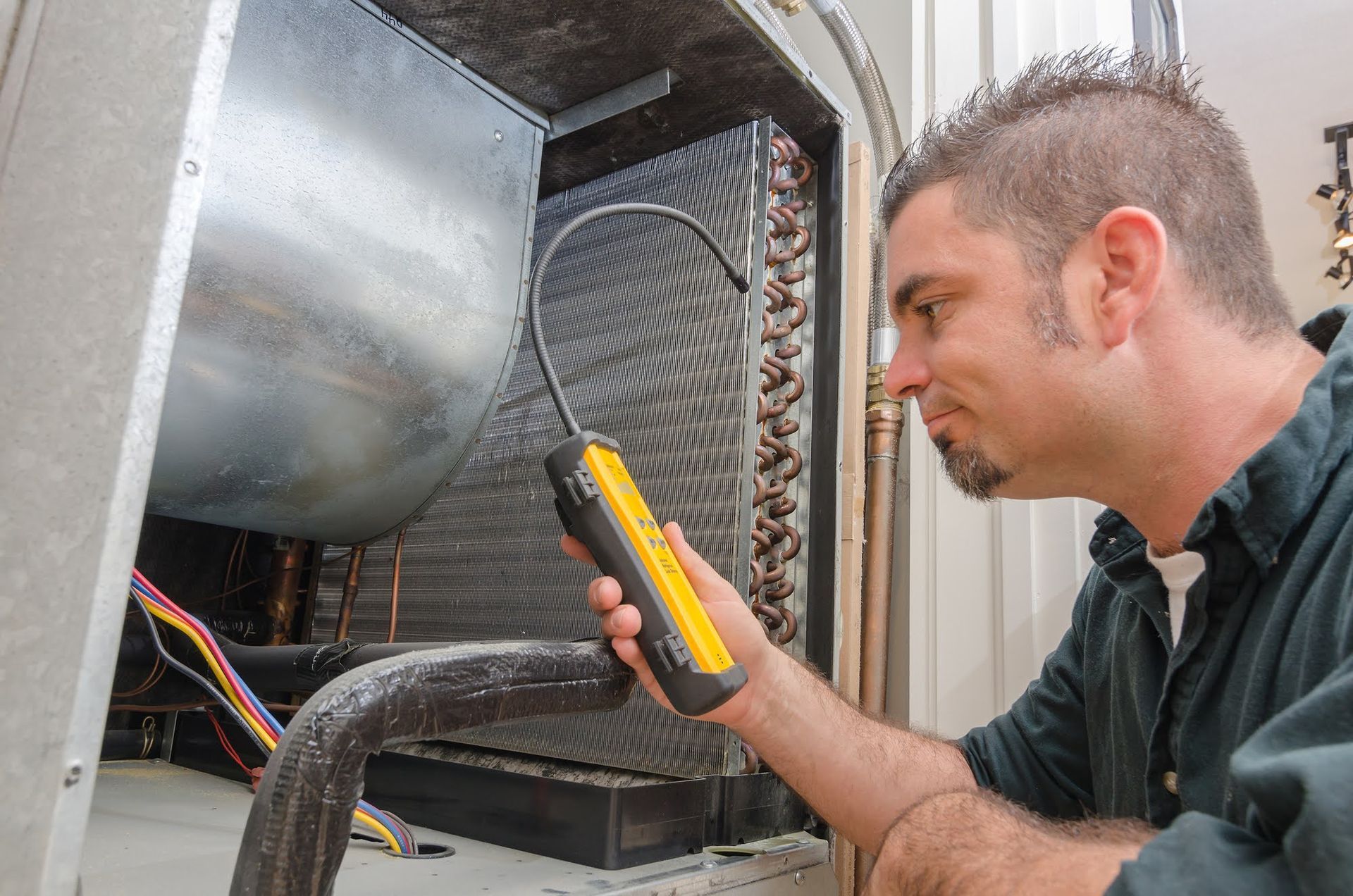Maximizing Upstairs Heating And Cooling In Your Home
Maintaining a comfortable temperature throughout your home can be challenging, especially in multi-level houses where the upstairs can often feel like a sauna in the summer and an icebox in the winter. If you find yourself constantly adjusting your thermostat to no avail, understanding why your upstairs heating and cooling might not be efficient is the first step to solving this problem.
Why Is Your Upstairs Heating And Cooling Not Efficient?
Several factors can contribute to inefficient heating and cooling upstairs. One of the primary reasons is that heat naturally rises. This means that during warmer months, the upper floors tend to accumulate more heat, while in winter, they lose warmth quickly due to poor insulation or drafts.
Another reason could be an outdated or improperly designed HVAC system. Many systems are not optimized for multi-level homes, leading to uneven distribution of air. Ductwork issues such as leaks or blockages can also play a significant role in reducing efficiency by allowing conditioned air to escape before it reaches your upstairs rooms.
How Can You Make Your Current HVAC System More Efficient For All Areas Of Your Home?
Improving the efficiency of your current HVAC system doesn't always require a complete overhaul. Start by ensuring that your ductwork is properly sealed and insulated. This prevents energy loss and ensures that conditioned air reaches all parts of your home effectively.
Installing zone control systems can also make a significant difference. These systems allow you to control temperatures independently on each floor, so you're not wasting energy heating or cooling areas that are already at a comfortable temperature.
Regular maintenance is key—changing filters monthly, scheduling routine inspections, and cleaning vents ensure that your system operates at peak performance. Consider adding ceiling fans as well; they help circulate air more evenly throughout rooms, reducing reliance on HVAC systems alone.
What Are Signs You Need to Do An HVAC Upgrade?
While there are many ways to enhance your existing system's efficiency, there comes a time when an upgrade might be necessary. One clear sign is if your system is over a decade old. Older systems lack modern energy-saving technologies and may no longer meet current efficiency standards.
Frequent repairs are another red flag. If you're constantly calling technicians for fixes, investing in a new system could save you money in the long run. High energy bills without any change in usage patterns indicate inefficiency—newer models can significantly cut down these costs with their advanced features.
Inconsistent temperatures across different levels also suggest your current setup isn't adequate for your home's needs anymore, prompting consideration for an upgrade tailored specifically for multi-level living spaces.
How Can You Maintain Better Energy Efficiency In A Multi-Level House?
Beyond just focusing on upgrading equipment or making repairs, adopting certain habits can greatly enhance energy efficiency across levels. Keep doors open between rooms during extreme weather conditions to facilitate better airflow and equalize temperatures naturally.
Investing in quality insulation for walls, ceilings, and attics helps retain desired temperatures longer by reducing heat transfer between indoors and outdoors regardless of seasonality changes outside; this minimizes strain placed upon HVAC units.
Programmable thermostats offer convenient solutions by automatically adjusting settings based upon time schedules set according to user preferences—ensuring optimal comfort while minimizing wasteful practices like leaving systems running unnecessarily when nobody's home during daytime hours (or asleep overnight).
Consider window treatments such as blinds or curtains strategically placed around the house depending upon sun exposure patterns observed throughout day or year cycles. Thick sunlight-blocking drapes keep heat out in the summer and can keep the home warmer in winter, for example.
There are many ways you can maximize the heating and cooling qualities of your home if you have multiple levels on your property. Explore your options with our specialists at Malone Heat and Air today.

“Great product. We love working with it!”
Over the last week my heat pump gave out. We called you guys and had a technician come out to our home. He quickly diagnosed the problem, had it fixed, and had it up and running in about 10 minutes. Very professional and courteous. I really appreciate having an hones company like you guys out there.
Thank You Again!!!
— Jason S. Chattanooga, TN
“Amazing service. Can’t wait to find out what’s next!”
Thank you for helping me out. You and your company have always been there for me and my family. I always tell everyone Malone Heat and Air is the best company going!!!Thank You Again!!!
— Wanda A. East Ridge, TN
“Not sure what I did before discovering this Product. It’s super!”
The Carrier unit your company recently installed was done in an efficient and courteous manner. The service technicians answered all my questions, which proved their years of experience in servicing the customers.
Thank you again for the quick response to my request for the installation of your system. I look forward to the assistance and services provided.
— Carol H. Chattanooga, TN
"Many thanks to your prompt response to my furnace problems. I want you to know your crew was especially competent, professional and considerate and I appreciated that so much- Many thanks"
— Mrs. Theo E. Lookout Mountain, TN
"Your crew who put in our generator was the most professional group I have ever encountered- Everyone knew their job and didn't waste a minute, even in that freezing weather! Thanks for taking care of this."
— Linda P. Signal Mountain, TN
PAYMENT OPTIONS:







Contact Information


LIKE US ON

Browse Our Website







Contact Information


LIKE US ON


